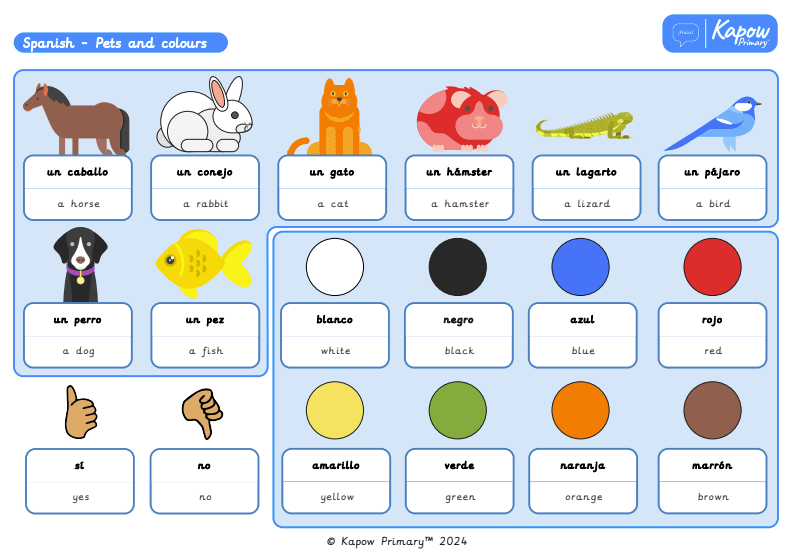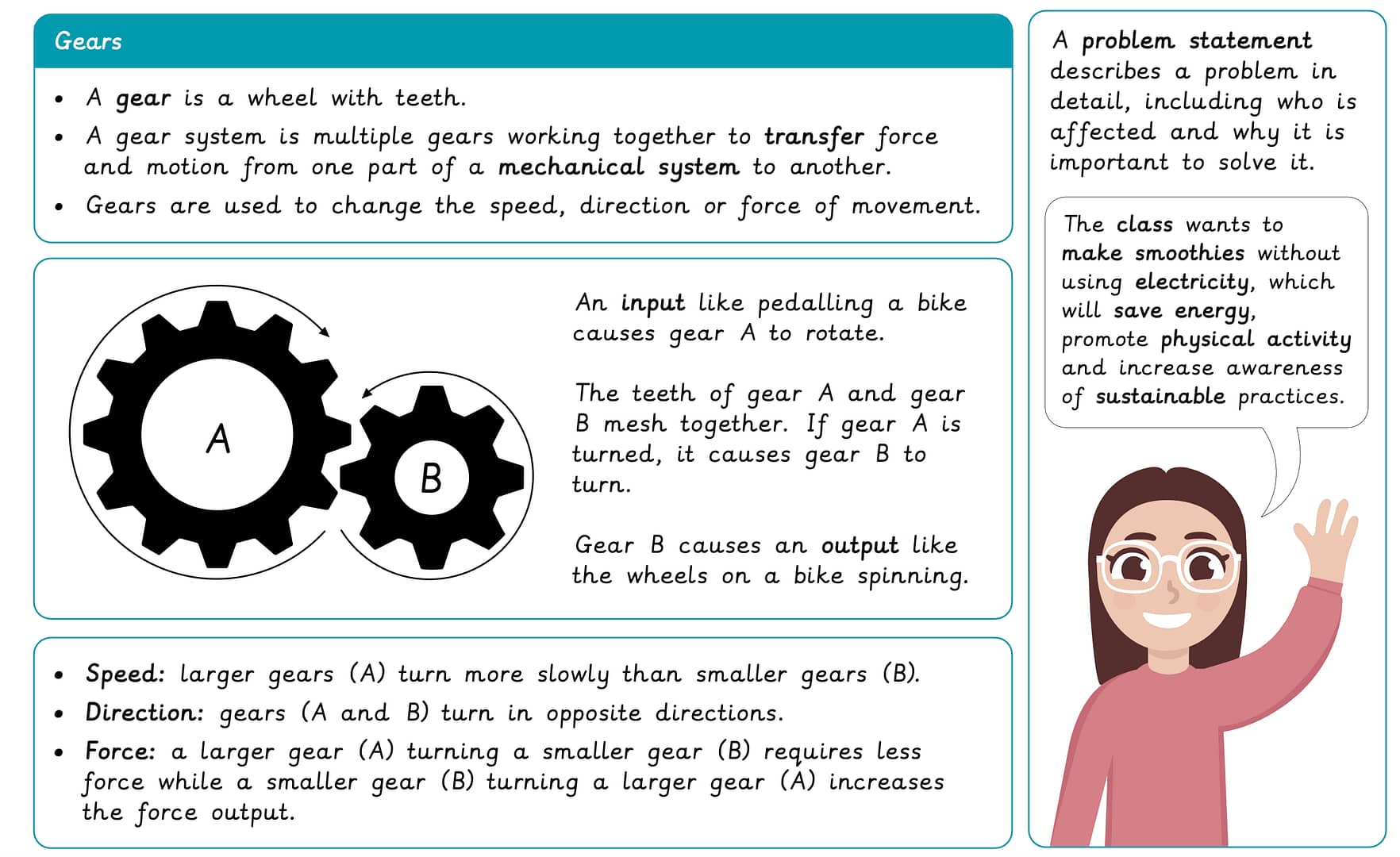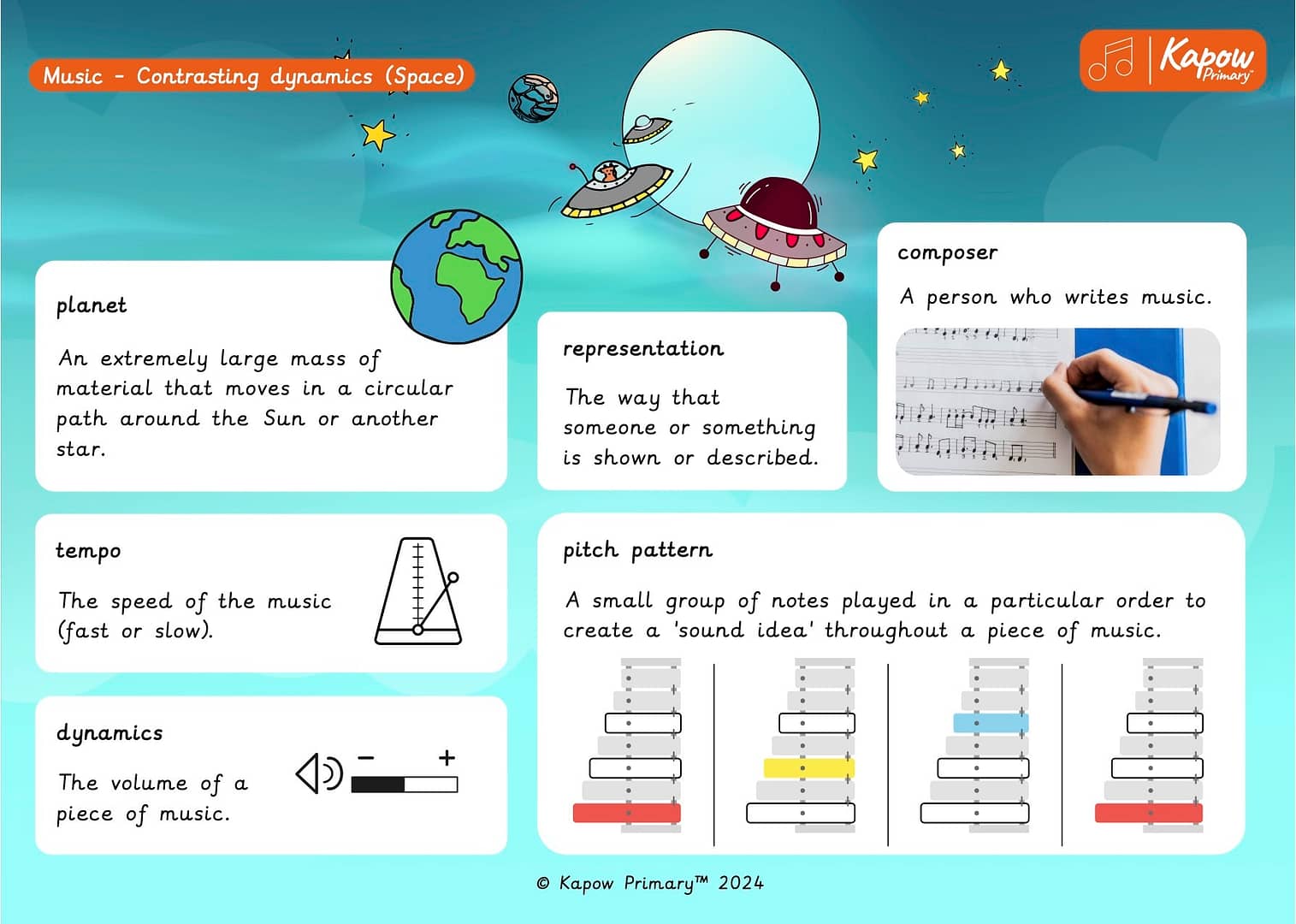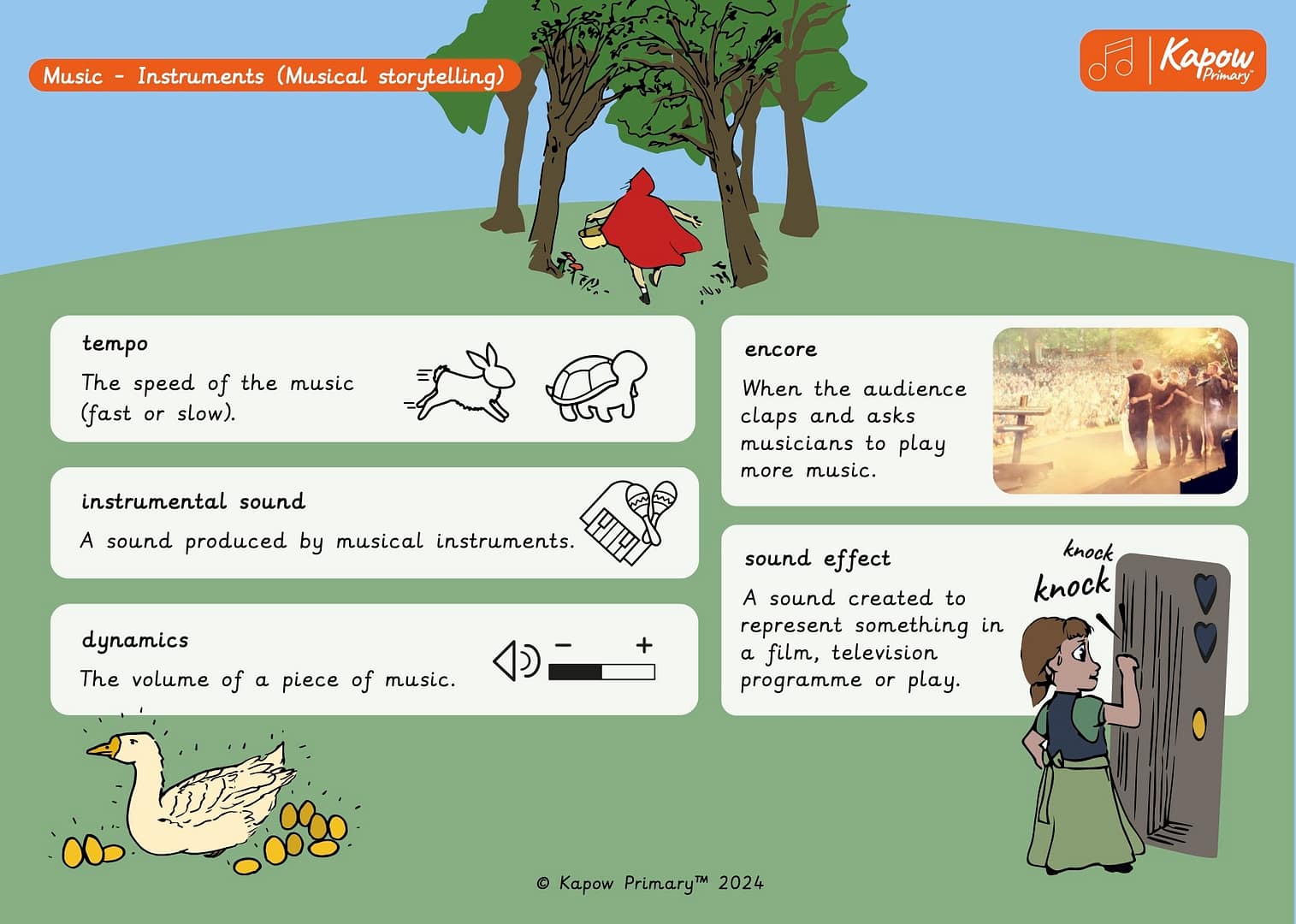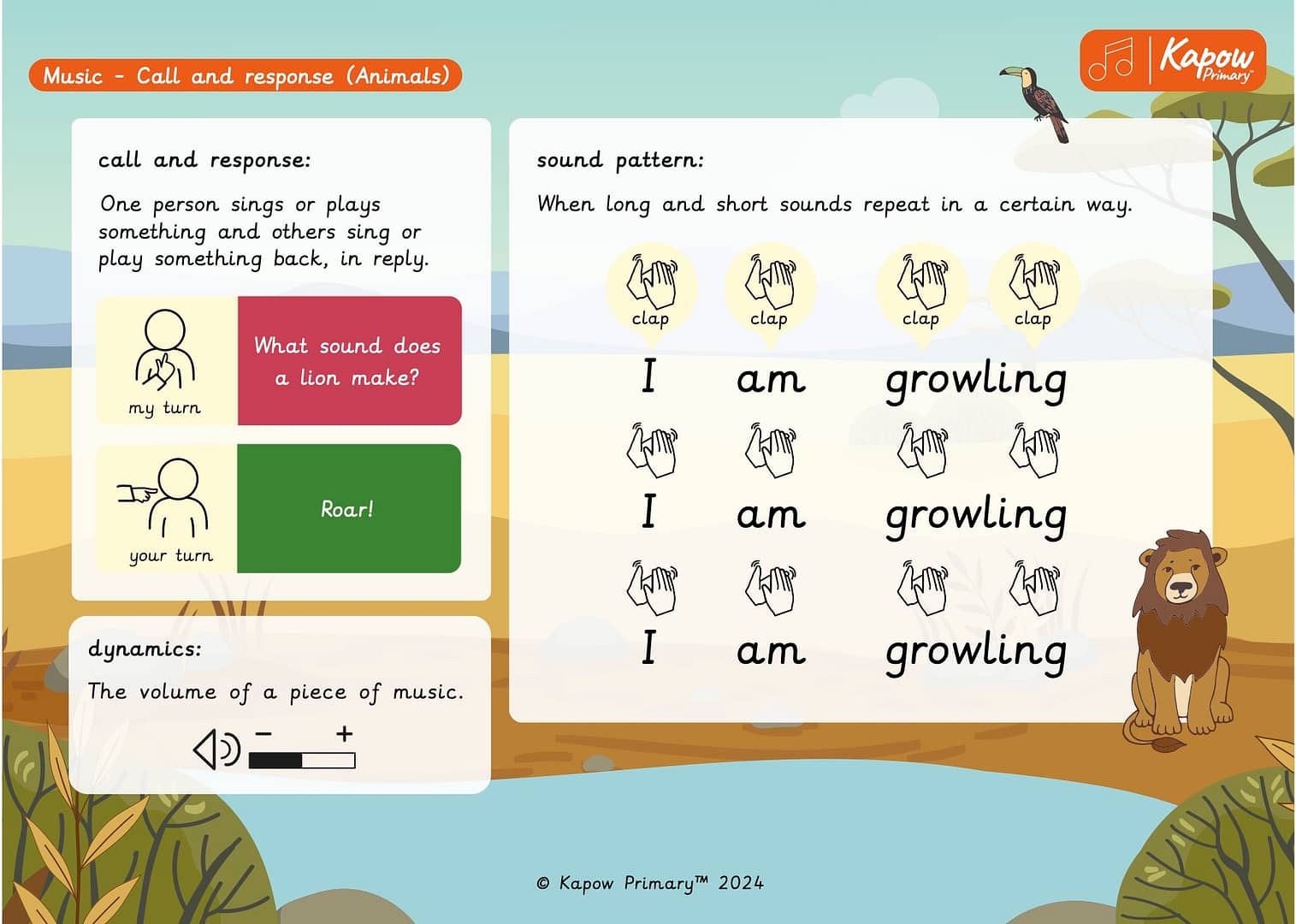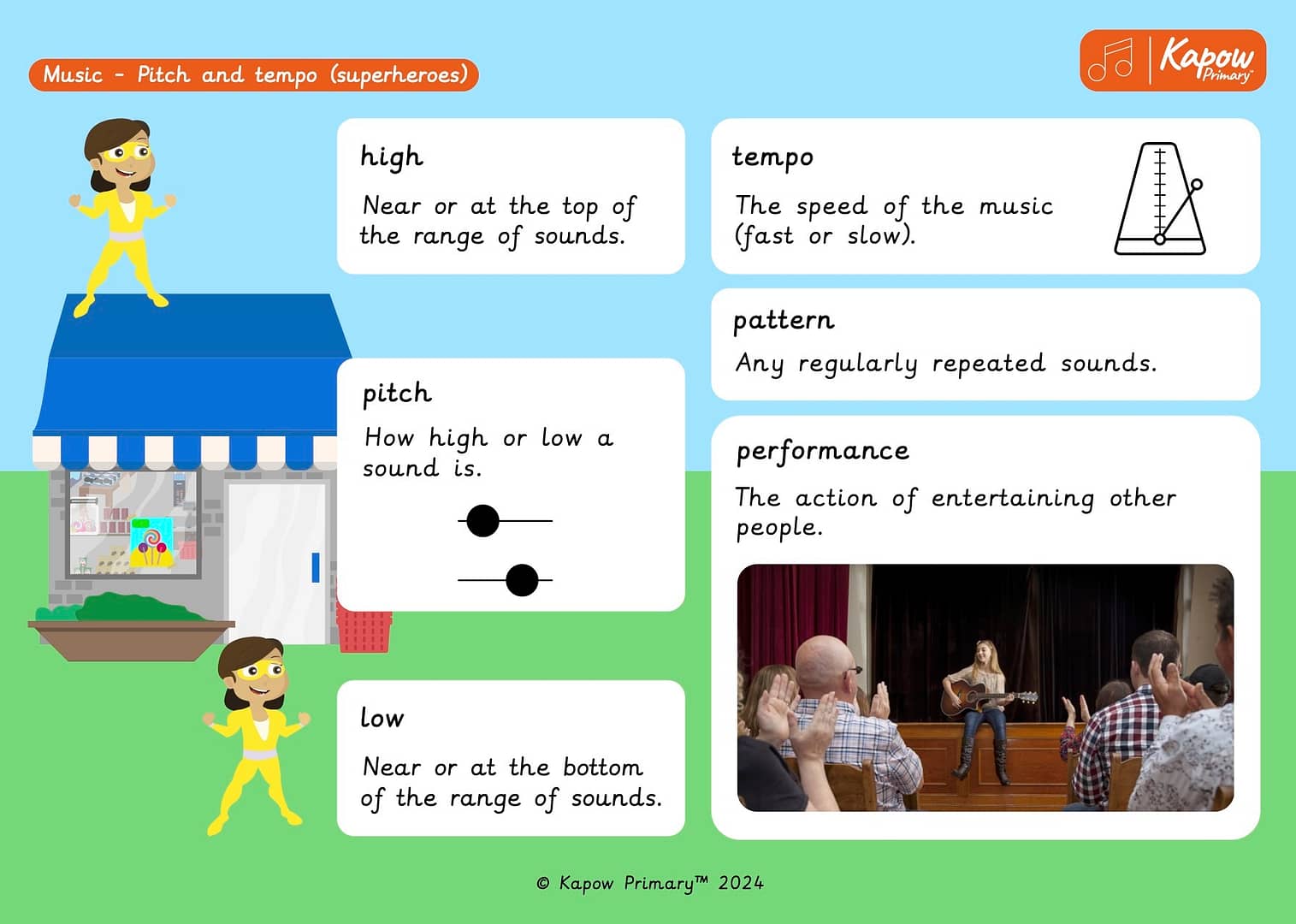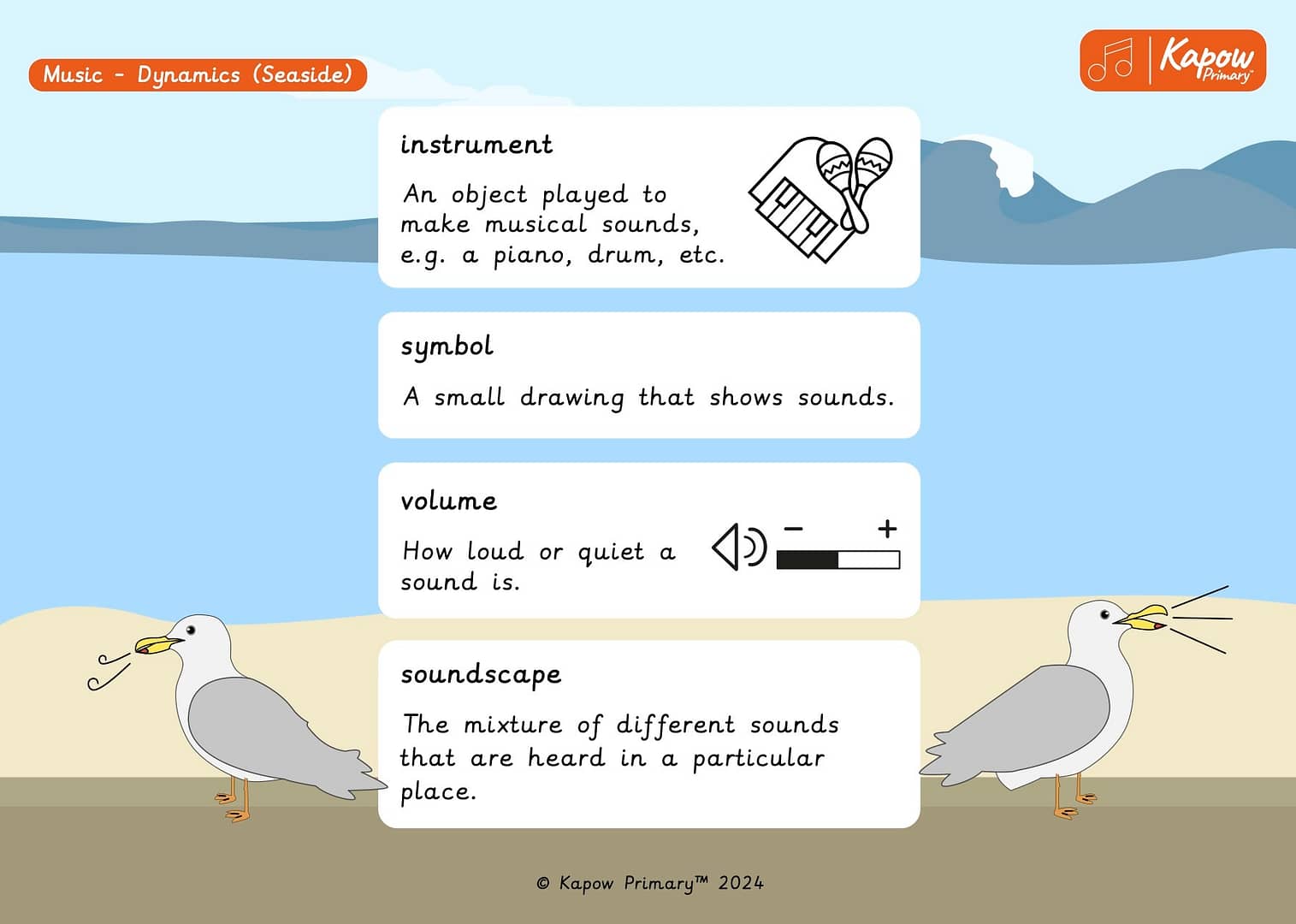Featured Document Type: Knowledge organiser
Knowledge organiser: D&T – Y5 Gears and pulleys
Knowledge organiser – Music Y2: Contrasting dynamics
Knowledge organiser – Music Y2: Instruments
A Knowledge organiser that captures the essential knowledge and skills learnt throughout the unit Music, Year 2, Instruments (Musical Storytelling).
This Music resource is designed to support the pupils as they explore how music can be used to tell stories and convey emotions. It introduces key vocabulary such as rhythm, tempo, pitch, dynamics, and motif, helping the pupils understand how composers use musical elements to create narrative and atmosphere. The pupils will also learn to identify storytelling techniques in music and experiment with composing their own musical stories.
Knowledge organiser – Music Y2: Call and response
A Knowledge organiser that captures the essential knowledge and skills learnt throughout the unit Music, Year 2, Call and response (Animals).
This Music resource is designed to support the pupils as they explore how music can be used to represent different animals and their movements. It introduces key vocabulary such as tempo, dynamics, pitch, rhythm, and timbre, helping the pupils understand how composers use musical elements to depict animal characteristics. The pupils will also learn to identify different musical pieces that represent animals and experiment with creating their own animal-inspired compositions.
Knowledge organiser – Music Y1: Musical symbols
A Knowledge organiser that captures the essential knowledge and skills learnt throughout the unit Music, Year 1, Music symbols (Under the Sea).
This Music resource is designed to support the pupils as they explore how music can be used to represent the ocean and underwater life. It introduces key vocabulary such as rhythm, tempo, pitch, dynamics, and soundscape, helping the pupils understand how musical elements create imagery and atmosphere. The pupils will also learn how to recognise different sounds associated with the sea and experiment with creating their own ocean-inspired compositions.
Knowledge organiser – Music Y1: Pitch
A Knowledge organiser that captures the essential knowledge and skills learnt throughout the unit Music, Year 1, Pitch (Superheroes).
This Music resource is designed to support the pupils as they explore how music can be used to represent superhero characters and their actions. It introduces key vocabulary such as tempo, dynamics, rhythm, pitch, and motif, helping the pupils understand how musical elements create excitement and drama. The pupils will also learn how to identify heroic musical themes and experiment with composing their own superhero-inspired sounds.
Knowledge organiser – Music Y1: Sound patterns
A Knowledge organiser that captures the essential knowledge and skills learnt throughout the unit Music, Year 1, Sound patterns (Fairytales).
This Music resource is designed to support the pupils as they explore how music can be used to enhance storytelling in fairytales. It introduces key vocabulary such as rhythm, tempo, dynamics, pitch, and motif, helping the pupils understand how musical elements create mood and character. The pupils will also learn how to recognise musical themes in fairytales and experiment with creating their own sound effects and melodies to accompany stories.
Knowledge organiser – Music Y1: Dynamics
A Knowledge organiser that captures the essential knowledge and skills learnt throughout the unit Music, Year 1, Dynamics.
This Music resource is designed to support the pupils as they explore how music can represent the seaside environment. It introduces key vocabulary such as rhythm, tempo, pitch, dynamics, and soundscape, helping the pupils understand how musical elements can create imagery and atmosphere. The pupils will also learn how to recognise different sounds associated with the seaside and create their own seaside-inspired compositions.

